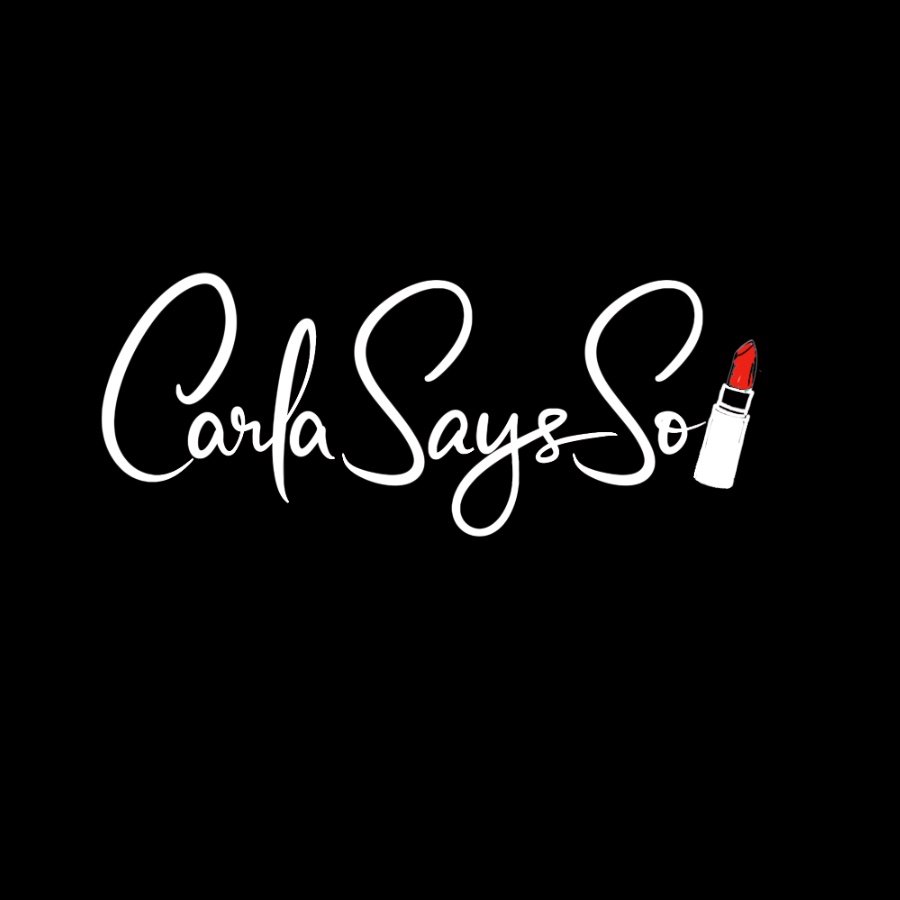Why You Should Consider Drinking More Coconut Water, It’s Color, & What I Learned On a Recent Trip To Honduras
West Bay, Roatan, Honduras
As someone who has learned to eat to live and not live to eat, where food comes from is very important to me. I know many people believe that food should taste good and I cannot disagree, but there are times when I questioned how much effort goes into changing food all to have all of the healthy components taken away. Last week I visited my mother’s native land, Honduras. We stayed on the island of Roatan, which was a first for me. The food and culture of Roatan is very much a relaxed vibe. I found myself looking up at the trees at the resort we stayed at and frequented the daily dining services there. On the second day, I requested coconut out of curiosity. One, because it was so hot and humid and I know that coconut water can be a great thirst quencher on hot days. Second, I just had to know if the coconut water would be pink.
After the order was placed, we saw a small replica figure on top of the restaurant roof with a machete-like, long device in hand reaching up to the tree and aiming to pull down the best coconuts. Two, small, round coconuts were pulled, and I was excited, curious to know if the original coconut water would actually be pink as it appears in many of the high priced coconut water brands are in the states. The top part of the coconut was cut off like a top. Next, we flipped the coconut over a clear glass cup to allow the water from the coconut to spill out and “Walaahh”, No pink water. So, why is the “good” coconut water pink?
Apparently, coconut water turns pink due to the natural oxidation of polyphenols, specifically a compound called phenolic antioxidants. When these antioxidants are exposed to oxygen and light, they react with certain enzymes (like peroxidase) and turn the water a pinkish hue.
Factors That Influence Pink Coconut Water
High Polyphenol Content – Some coconuts have higher levels of polyphenols, leading to a stronger pink color.
Oxygen Exposure – Once the coconut is cracked open, oxidation begins, which can cause the color change.
Processing & Packaging – Natural, raw, or cold-pressed coconut water is more likely to turn pink over time compared to ultra-processed versions.
Young vs. Mature Coconuts – Young, fresh coconuts have more polyphenols, making them more prone to turning pink.
Is Pink Coconut Water Safe to Drink?
Yes! Pink coconut water is perfectly safe and still retains its nutrients. In fact, many brands highlight the pink color as a sign of minimal processing and high antioxidant content. However, if the coconut water smells sour or tastes off, it may have spoiled.
Benefits of Coconut Water
Coconut water is packed with nutrients and offers several health benefits. Here are some of the top ones:
Hydration – Naturally rich in electrolytes like potassium, sodium, and magnesium, making it great for rehydration after exercise or illness.
Rich in Nutrients – Contains essential vitamins (like vitamin C and B-complex) and minerals such as calcium, magnesium, and phosphorus.
Supports Heart Health – High potassium content helps regulate blood pressure and reduce the risk of heart disease.
Aids Digestion – Contains fiber and enzymes that promote good digestion and prevent bloating.
Good for Kidney Health – May help prevent kidney stones by reducing crystal formation in the kidneys.
Natural Energy Boost – Low in calories and sugar compared to sports drinks, making it a great natural alternative for a quick energy boost.
Promotes Healthy Skin – Hydrating and contains antioxidants that may help reduce signs of aging and improve skin health.
May Help Control Blood Sugar – Some studies suggest it may support better blood sugar control due to its magnesium content.
Supports Weight Management – Low in calories and fat, making it a good choice for hydration without unnecessary calories.
Helps Reduce Inflammation – Contains antioxidants that help combat oxidative stress and inflammation in the body.
West Bay, Roatan, Honduras



